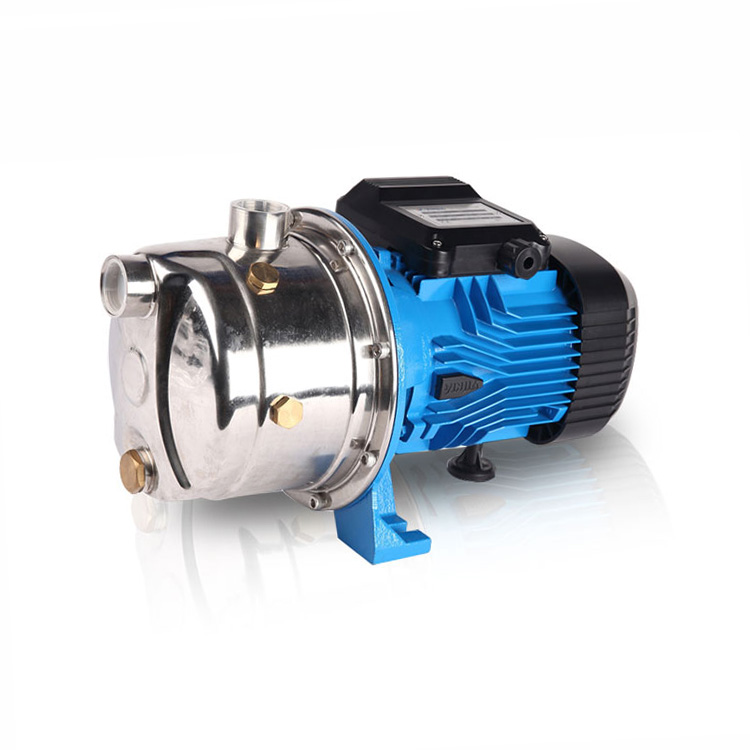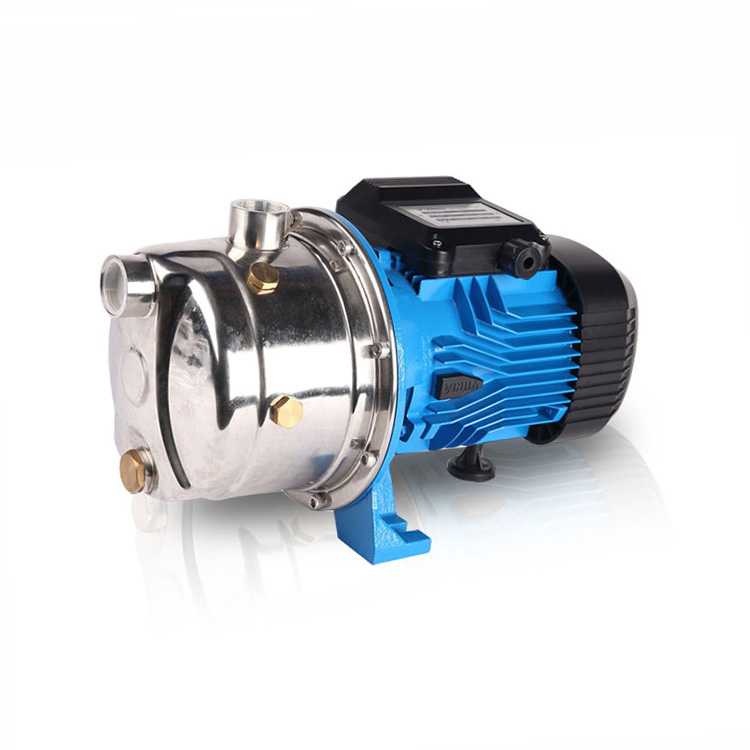Professional Handling of Alternative Fuel Dispensing: Insights into Ethanol and Biodiesel Pump Technology
2024-05-25
As the world transitions towards more sustainable energy sources, alternative fuels like ethanol and biodiesel are gaining popularity. These renewable fuels offer a viable alternative to traditional gasoline and diesel, reducing our reliance on fossil fuels and helping to mitigate climate change. However, dispensing these alternative fuels requires specialized gas pumps and systems to ensure their safe and efficient delivery.
Ethanol Dispensing
Ethanol, also known as ethyl alcohol, is a renewable fuel that can be produced from biomass sources like sugarcane, corn, and other plant materials. It is commonly blended with gasoline in varying percentages, known as E10 (10% ethanol) or E85 (85% ethanol).
To dispense ethanol-blended fuels, gas pumps are equipped with special nozzles and sensors. The nozzles are designed to detect the ethanol content of the fuel and adjust the dispensing rate accordingly. This ensures that the correct blend is delivered to the customer's vehicle.
Additionally, ethanol has a lower energy density than gasoline, meaning it requires more volume to achieve the same energy output. Therefore, gas pumps that dispense ethanol-blended fuels may need to be calibrated to deliver a higher volume of fuel to achieve the desired range or performance.
Biodiesel Dispensing
Biodiesel is a renewable diesel fuel that can be produced from various feedstocks, including vegetable oils, animal fats, and recycled cooking oils. It is chemically similar to traditional diesel and can be used in diesel engines with minimal modifications.
Dispensing biodiesel requires specialized pumps and nozzles that are designed to handle the unique properties of this fuel. Biodiesel has a higher viscosity than traditional diesel, which can affect its flow rate and dispensing characteristics. Therefore, pumps and nozzles need to be calibrated and adjusted to ensure that biodiesel is dispensed accurately and efficiently.
Moreover, biodiesel is also more prone to gelling in cold temperatures. This means that it can solidify and become difficult to dispense in colder climates. To address this issue, some gas pumps are equipped with heaters that warm the biodiesel before it is dispensed, ensuring smooth and reliable delivery.
Conclusion
As alternative fuels like ethanol and biodiesel gain wider acceptance, gas pumps are evolving to meet the needs of dispensing these renewable fuels. Specialized nozzles, sensors, and calibration adjustments ensure that alternative fuels are dispensed safely, accurately, and efficiently. With continued innovation and investment in renewable energy technology, we can expect to see more gas pumps capable of handling a wider range of alternative fuels in the future.




